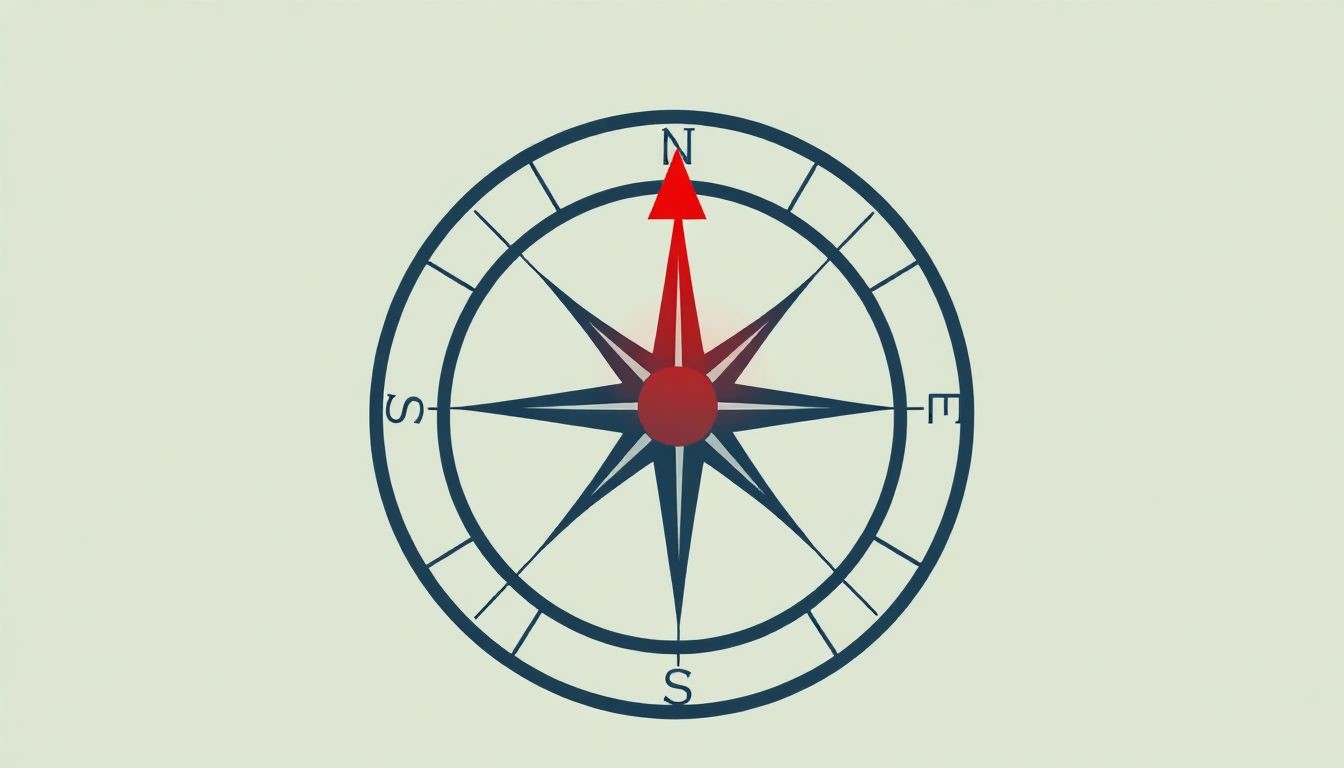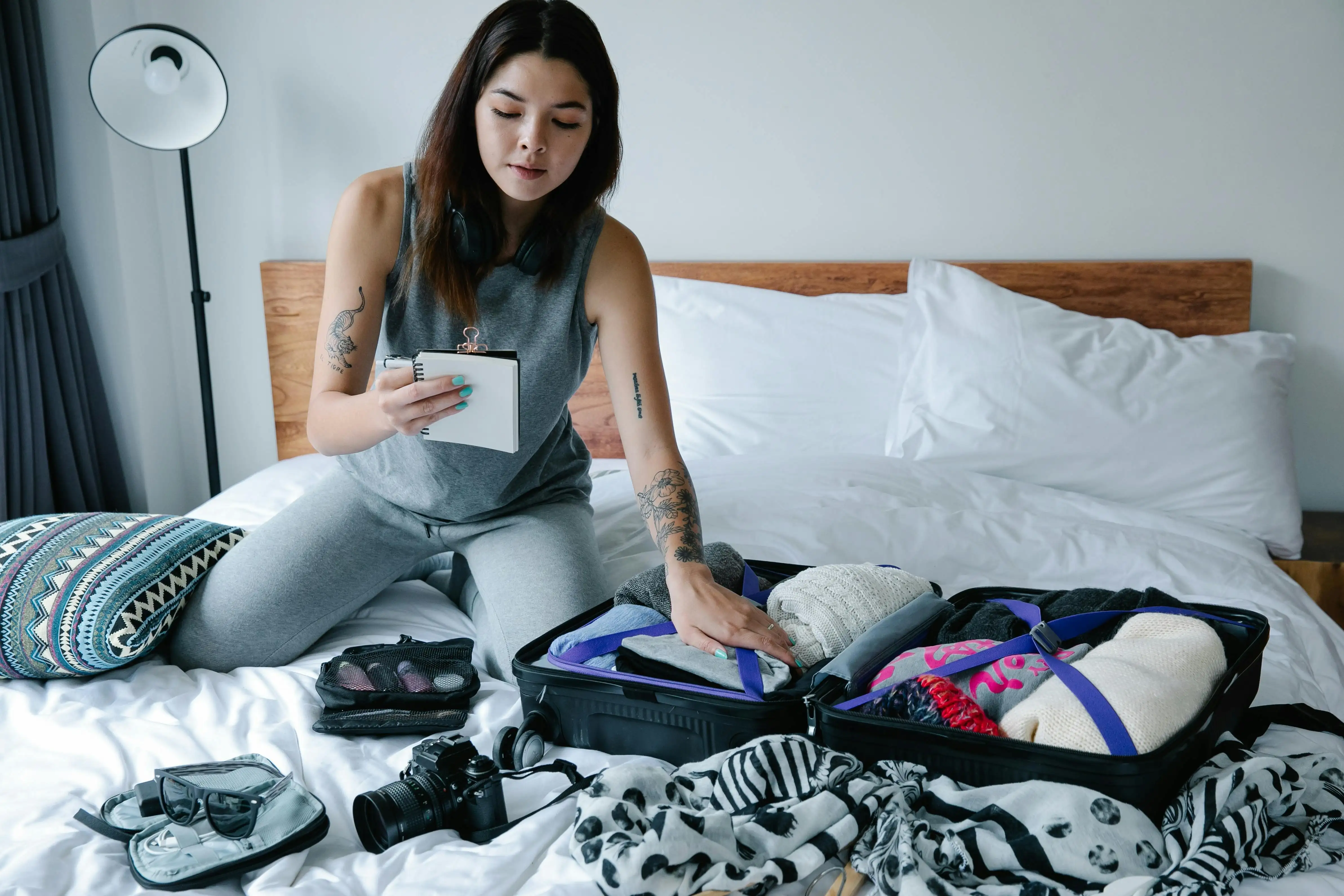Traveling offers a chance to see new places and make amazing memories. Yet, without good planning, a trip can quickly turn into a headache. Think of missed flights, expensive surprises, or important sights you never got to see. Effective trip planning is the key to unlocking a truly memorable and enjoyable experience.
Meticulous preparation helps you avoid last-minute stress. It helps you save money, too. Plus, you’ll maximize every moment at your chosen destination. This guide will show you a simple, structured way to plan your next adventure.
Section 1: Define Your Travel Goals and Budget
Clarify Your Travel Style and Purpose
Before anything else, decide what kind of traveler you are. Do you love high adventure, or do you prefer to relax on a beach? Maybe cultural immersion is your thing, or a trip focused on family fun. Knowing your core travel desires will shape every decision you make.
Think about what makes a trip special for you. What experiences do you dream about? For inspiration, create a "dream trip" vision board or keep a travel journal.
Establish a Realistic Budget
Money matters when you plan to travel. You need to break down all the possible costs for your trip. This includes flights, where you'll stay, what activities you’ll do, food, local transport, and even small gifts. Always set aside extra money for unexpected costs.
Research how much things usually cost in your chosen destination. You can use online budget calculators to help. Or, make a simple spreadsheet to track your estimated spending for each item.
Research and Select Your Destination(s)
With your travel goals and budget clear, you can now pick potential spots. Consider the weather when you want to go. Think about peak tourist seasons, too. Always check for safety and if you need a visa.

A family wanting a peaceful beach vacation on a moderate budget might pick Portugal or Mexico. They would go during less busy times. This is often a better choice than the Maldives when prices are highest.
Section 2: Crafting Your Itinerary
Determine the Duration and Timing
How much time do you really have for your trip? Once you know, research the best times to visit your chosen place. Think about the weather, any local events, and how many people might be there.
Look into "shoulder season" travel if you want to save money. This means going just before or after the busiest times. You might avoid the biggest crowds this way too.
Prioritize Activities and Sightseeing
Make a list of "must-do" experiences that are super important to you. Then, list some "nice-to-do" options. It’s important to balance planned activities with time for just exploring. This way, you can find unexpected gems.
As travel expert Rick Steves often advises, "leave room for serendipity." This means letting yourself find new things by chance. Don't plan every minute.
Build in Downtime and Flexibility
Don't over-schedule your days. You’ll feel rushed and tired. Always include some extra time for getting from one place to another. This also helps if there are unexpected delays. Sometimes, you just need to relax and take in the view.
Try to schedule at least one free afternoon or evening each week you are away. Use this time for spontaneous adventures or just to rest. It makes a big difference.
Section 3: Booking Essentials
Secure Flights and Transportation
It’s smart to look at prices from different airlines. Compare various booking sites, too. Think about the time of your flights, any stops, and what baggage is included. Booking early often gets you better deals.
Travelers who book flights one to three months ahead often get the best prices. Sign up for flight deal alerts for places you want to go. This can save you money.
Reserve Accommodation
There are many places to stay: hotels, hostels, vacation rentals, or bed and breakfasts. Think about where it is, what services they offer, and what others say in reviews. Always check the cancellation rules, too. This keeps your plans flexible.
Read recent reviews carefully before you book. Pay close attention to what people say about how clean it is, how noisy it gets, and how helpful the staff are.
Book Tours and Activities in Advance (When Necessary)
For very popular attractions or special tours, booking early is key. It helps you get a spot. Sometimes, you even get better prices by planning ahead. Don't wait until you arrive.
Tickets for places like the Eiffel Tower, the Vatican Museums, or big Broadway shows often sell out fast. People buy them weeks or even months before their trip. Plan these specific activities early.
Section 4: Pre-Trip Preparations

Essential Travel Documents
Check that your passport is still valid. Many countries need it to be good for six months after your return date. Always look up if you need a visa for where you are going. Make copies of all your important papers.
Keep digital copies of your passport, visas, and trip plan. Store them in a cloud service, or email them to yourself. This way, you have them if your originals get lost.
Health and Safety Considerations
Look into any shots or vaccinations you might need. Talk to your doctor before you travel. Pack a good first-aid kit with any medicines you take regularly. Be prepared for minor issues.
Organizations like the CDC or WHO give good advice on travel health. It’s smart to get travel insurance. This helps if you have a medical problem, need to cancel, or lose your bags.
Packing Smart
Pack clothes for the weather where you're going. Think about the things you plan to do, and how long you’ll be away. Choose clothes that work for many different outfits. This saves space.
Make a packing list well before your trip. This helps you remember everything. It also stops you from rushing at the last minute.
Section 5: During Your Trip
Stay Organized and Connected
Keep your important papers and booking details easy to reach. Make sure you have emergency contact numbers, too. Tell your bank and credit card company you’ll be traveling. This stops them from blocking your cards.
Download offline maps of your destination. Also, get any useful travel apps before you go. This helps you find your way around without using mobile data.
Be Mindful of Local Customs and Etiquette
Learning a few basic phrases in the local language is always a good idea. Understand greetings and how people behave. This shows respect. It also makes your trip better.
In Japan, for example, it's polite to take off your shoes before going into someone's home. You might need to do this in some shops or restaurants, too.
Adapt and Embrace the Unexpected
Trips rarely go exactly as you planned. Things might change, and that's okay. Try to stay positive. Be ready to change your plans if you need to.
View any unexpected detours or changes as chances for new discoveries. Sometimes, the best memories come from moments you didn't plan for.
Conclusion
Good trip planning is a smart investment. It turns possible travel stress into smooth adventure. By setting goals, budgeting wisely, organizing your time, and getting ready, you build a strong base. This helps you have a rich and unforgettable travel experience.
Embrace the planning part of your journey. It's an exciting step towards your next great trip. Use these tips to make every adventure you take perfect for you.
Keywords World travel guide, Offbeat places in World, Best treks in World Pradesh, World backpacking tips, World budget travel








Comments
Micle harison
June 7, 2019This post really got me thinking! The way you’ve explained it feels both insightful and refreshing. I love how you’ve blended practical ideas with such a unique perspective—it’s the kind of content that stays in your mind long after reading.
John Doe
June 7, 2019Reading this felt like having coffee with a really wise friend—uplifting, thought-provoking, and just the right touch of inspiration. Loved it!